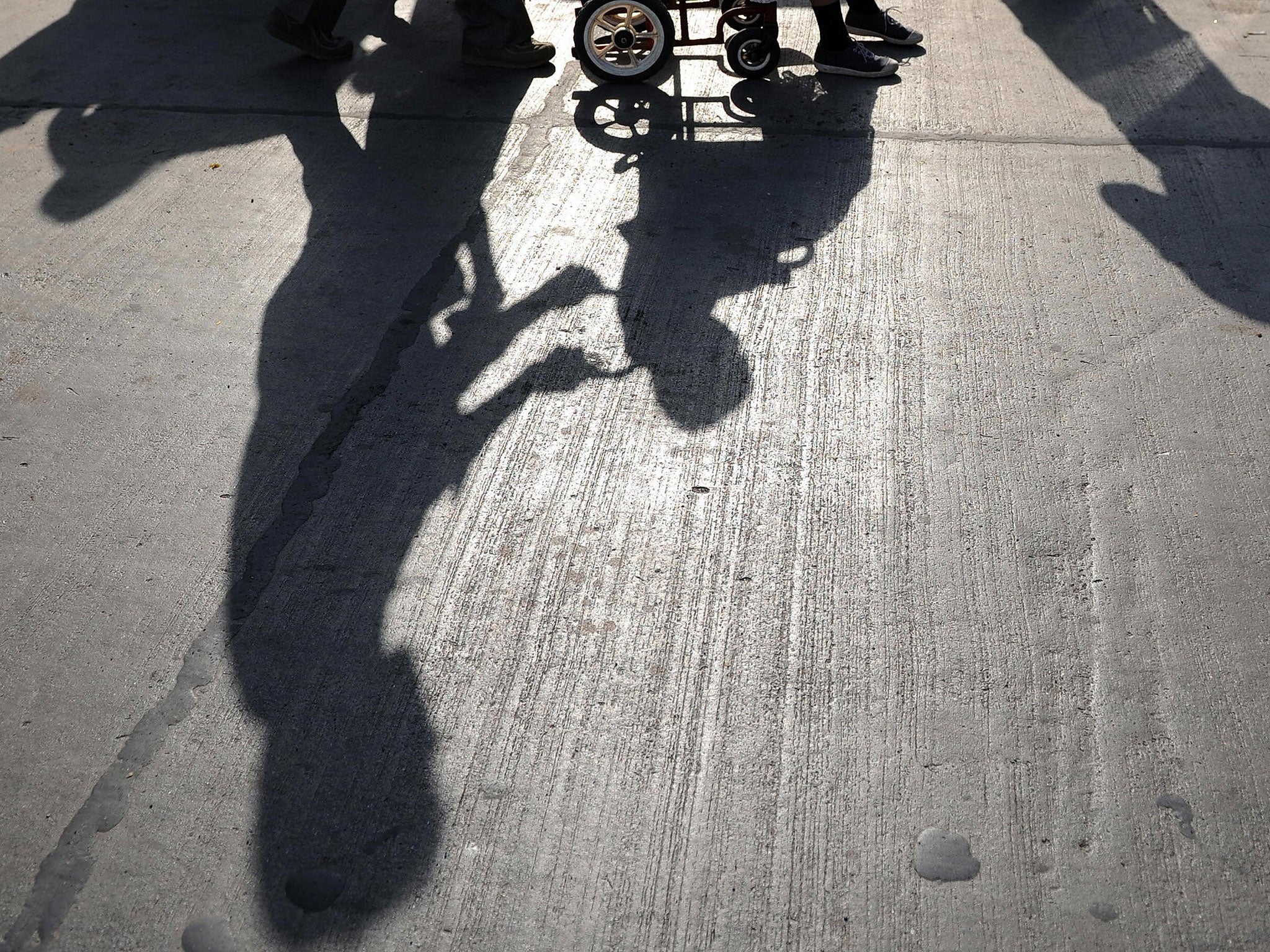Government to review 1.6m disability benefit claims after High Court ruling on 'blatantly discriminatory' system
Department for Work and Pensions to review every personal independence payment claim in 'complex exercise' estimated to cost £3.7 billion and take several years

Your support helps us to tell the story
This election is still a dead heat, according to most polls. In a fight with such wafer-thin margins, we need reporters on the ground talking to the people Trump and Harris are courting. Your support allows us to keep sending journalists to the story.
The Independent is trusted by 27 million Americans from across the entire political spectrum every month. Unlike many other quality news outlets, we choose not to lock you out of our reporting and analysis with paywalls. But quality journalism must still be paid for.
Help us keep bring these critical stories to light. Your support makes all the difference.
The Government is to review 1.6 million disability benefit claims after the High Court ruled the system was “blatantly discriminatory” against people with mental health problems.
Every personal independence payment (PIP) claimant is to be reassessed, with about 220,000 people in line to receive higher allowances, after ministers decided not to appeal last month’s judgment.
Judges said amended regulations which limited payments to people with psychological distress could not be “objectively justified” and breached their human rights.
The Government said it would accept the ruling and work to identify any claimants entitled to backdated allowances, a process it estimated would cost £3.7 billion and take years to complete.
In a written statement, disabilities minister Sarah Newton said: “This will be a complex exercise and of considerable scale, as we will be reconsidering approximately 1.6 million claims.
“Whilst we will be working at pace to complete this exercise it is important that we get it right.
She added: “We are working with stakeholders to change the PIP assessment guide so that we can implement the judgment.
“Once we have completed this exercise we will be carrying out an administrative exercise to review cases that may be eligible and ensure that claimants receive the correct award.”
Ms Newton’s statement was in response to a parliamentary question from Shadow Work and Pensions Secretary Debbie Abrahams, who asked about the timetable for informing claimants about backdated payments.
Ms Abrahams said: “Today’s admission that the department will have to reconsider 1.6 million PIP claims to ensure that all claimants receive the correct award is shocking.
“The disabilities minister has refused to publish a timetable of how many months or even years it will take for this ‘complex exercise’ to be completed.
“The Government was wrong to cut PIP benefits in the first place, wrong to bring in the PIP regulations last year and it was wrong to repeatedly ignore the views of the courts.”
The amendment to PIP introduced regulations that limited the amount of support people with psychological distress could receive for making journeys. The changes in March overruled the decision of an independent tribunal in November 2016.
December’s judgments said the amendment had been “blatantly discriminatory” against people with mental health conditions.
At the time, ministers said the judgment would affect 164,000 people’s benefits and cost £3.7 billion extra by 2022.
Earlier this month Work and Pensions Secretary Esther McVey confirmed she would not appeal against the High Court ruling and instead would implement the original tribunal decision in full.
Payments will be backdated to the original tribunal decision in November 2016.
Philip Connolly, policy manager at Disability Rights UK, said: “Many disabled people have lost out because of [the] changeover from DLA [disability living allowance] to PIP, and we welcome the announcement that the Government is going to review 1.6 million cases.
“We hope this doesn’t mean that some disabled people are going to have to attend yet more assessments.
“This review highlights the ongoing and persistent failures of the assessment process, which is badly designed and implemented.
“Huge amounts of taxpayers’ money is being wasted on poor quality assessments which deny disabled people benefits that they qualify for – that’s one of the reasons the success rate at appeal is so high.
“We urge all disabled people who are turned down for benefits they believe they should get to use the independent appeals process if their claim is turned down.”
Subscribe to Independent Premium to bookmark this article
Want to bookmark your favourite articles and stories to read or reference later? Start your Independent Premium subscription today.
Join our commenting forum
Join thought-provoking conversations, follow other Independent readers and see their replies
Comments